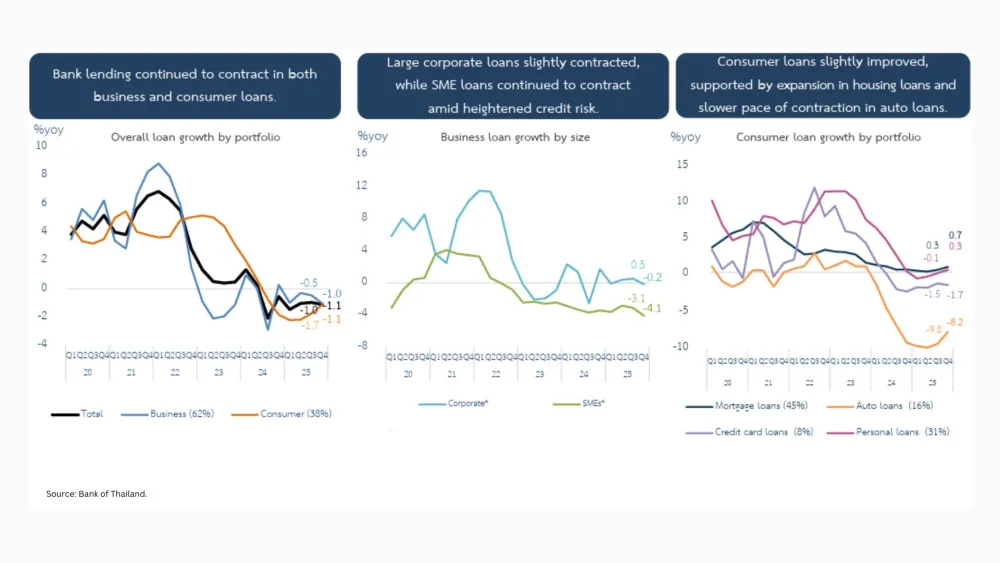Evolving digital strategies boost brand equity and revenue
Precise targeting is essential for maintaining long-term brand equity.
Brand equity remains a cornerstone of long-term growth, but the methods of leveraging it have evolved significantly in recent months, according to Jackie They, General Manager of The Dubs Agency.
“The core principle that brand equity drives long-term growth has remained unchanged,” said They. “However, the landscape has evolved in several key ways. Firstly, digital marketing has evolved significantly, allowing us to create personalised content at scale, precisely target specific segments, and amplify campaigns with greater efficiency.”
This evolution in digital marketing has empowered companies to enhance their campaign effectiveness. The benefits of a strong brand, once considered intangible and difficult to measure, can now be quantified with greater precision.
“Technology now allows us to measure intangible assets by brand equity more accurately,” They explained. “Brand equity can be quantified, giving marketers the tool to assess the current value of their brand and forecast its future potential with greater precision.”
Brand equity has also become a crucial factor in financial analysis. “Brand now represents over 33% of company value, compared to 8% in the 70s,” They pointed out. A strong brand not only influences brand share and VAT prices but also fosters customer confidence and trust, which are critical in selecting financial products and services.
However, maintaining and growing brand equity requires consistent marketing efforts, even during economic downturns. They warned against the common pitfall of cutting marketing budgets during tough times, as it can have a significant negative impact on long-term brand equity.
“When brands stop advertising, their sales often decline year on year, with a drop of 16% after one year and 25% after two years,” she said. This decline is especially steep for brands that were already struggling before pausing their marketing efforts.
Competitors who maintain or even increase their marketing spend during downturns can capitalise on the opportunity to boost their brand visibility and capture a larger market share. “Pausing marketing budgets can disrupt the process, leading to a gradual erosion of brand equity,” They added. Once lost, brand position, perceived value, and consumer trust are challenging to regain.



















 Advertise
Advertise








Commentary
Asia’s banks hold the mandate to innovate. Now they must earn it.
Why Asia's banks are rebuilding their credit infrastructure in 2026
Banks retreat, private credit advances: Asia Pacific’s quiet lending revolution
Human Sparsity Blockchain: A citizen-validated ledger for digital finance supervision